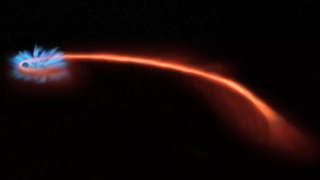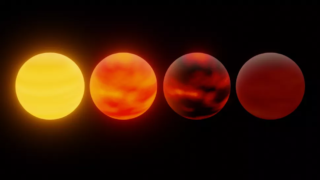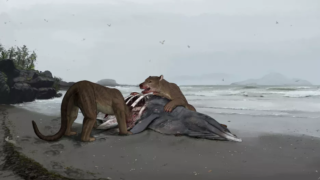
The bigger the temperature change, the larger the extinction event
New research has unearthed evidence that points to a strong relationship between the magnitude of mass extinctions and global temperature changes in geologic times. Abrupt climate change, accompanied by environmental destruction from large volcanic eruptions and meteorites, has caused major mass extinctions throughout the Phanerozoic Eon, covering 539 million years to the present. To date […]








